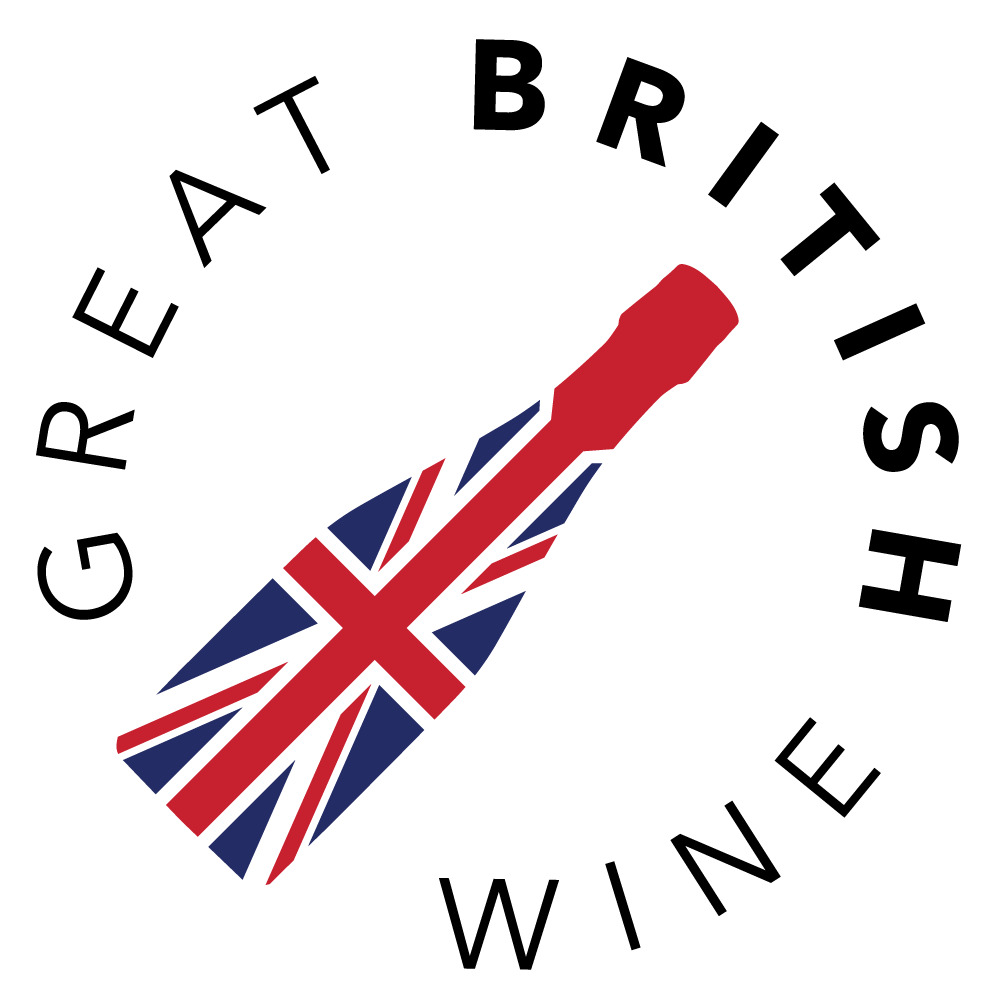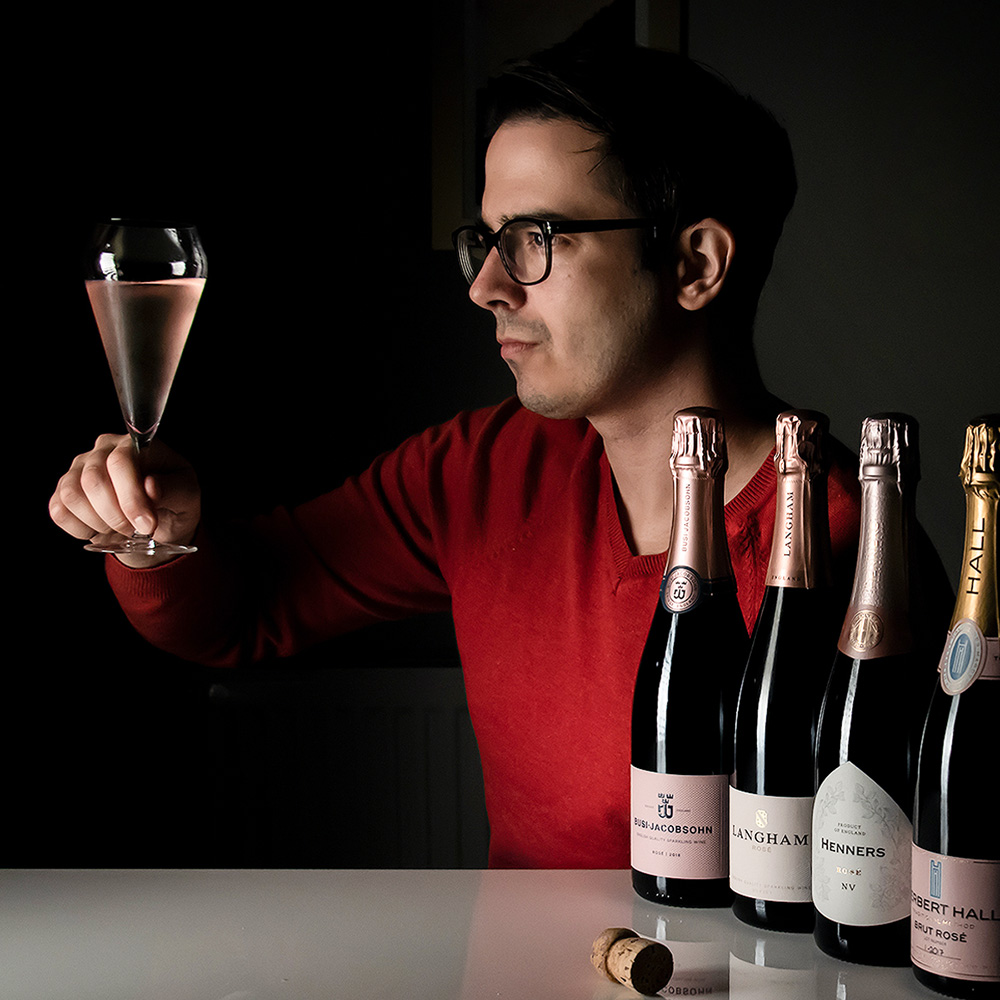
Continuing my English Wine Icons series, I turn my attention to Winbirri Vineyard in Norfolk. Winemaker, Lee Dyer, shot to fame overnight in May 2017 after his Bacchus 2015 won Best Value White Single-Varietal at the Decanter World Wine Awards 2017.
I recently had a chance to sample the Winbirri Bacchus 2018, the current vintage, alongside a rare bottle of the 2015 Decanter Trophy-winning wine. It was a unique opportunity to experience the evolution of Bacchus, and perhaps also glimpse how Lee’s approach to winemaking has changed over three years. Lee stated, “there has been the ability to process the fruit fast over the years with the investment of equipment in the winery, but the main area that the winemaking has evolved is my understanding of the Bacchus grape”.
Indeed, what I have noticed about many Bacchus wines in England, is that people are making more expressive, visceral and intense wines. Lee continued, “what I mean by that is the Bacchus grape is such a great variety that you shouldn’t let your ego as a winemaker get the better of you. Sometimes less is more; let the grape do the talking!”
Tasting both vintages, I found that the 2015 was now starting to show more of Bacchus’s Riesling parentage, with the grape being a cross of Silvaner X Riesling and Müller-Thurgau. Indeed, some hints of preserved citrus fruits, perhaps a little smokiness were starting to show on this wine, and the acidity was still absolutely singing, while the grape’s signature floral and nettle notes start to fade a little into the background.
With the new vintage Winbirri Bacchus 2019 set to launch on 7th July, I think that now might be a perfect chance to buy a case of the Bacchus 2018 and hide it away for a few years. I would really like to explore the age-worthiness of Bacchus a little more. However, bottles with anything more than a couple of years of age are typically hard to find.
Winbirri Bacchus 2018
Grape: Bacchus
I reviewed this wine on release last year and declared it my favourite from Winbirri to date. Twelve months on, it’s great to have had the chance to revisit this brilliant Bacchus 2018.
Aromatically, it’s still got that intense citrus peel immediacy, complemented by tropical fruit notes, floral and grassy hues.
The palate has mellowed slightly I feel, and while there is still that driving citrus backbone behind everything, the tropical fruit flavours of papaya and peach are now taking centre stage. Lime zest and grassy textures cut through the broader taste, and the wine continues to be an exceptional food pairing wine. I paired it with Thai marinated barbecued prawns and papaya salad, and the wine was in its absolute element.
Winbirri Bacchus 2015
Grape: Bacchus
This wine is where things really started to get interesting for Bacchus and for Winbirri. It won a Platinum Best in Show at the Decanter 2017 World Wine Awards 2017, scoring an impressive 95 points and wowing the judges, but how would it taste another three years on?
This wine proves that Bacchus really can age, and I feel that as it does it starts to reveal more of its Riesling ancestry. The signature floral and elderflower notes have all but dissipated, leaving a fresh fusion of clean citrus, young stone fruit and crisp green apples, with a hint of minerality and smoke.
To taste, the acidity is still fantastic and has a real edge, while the citrus flavours have taken a slightly preserved fruit evolution. Again, it’s more apple and orchard fruit on the palate than the typical grassy, tropical flavours expressed in young Bacchus.



